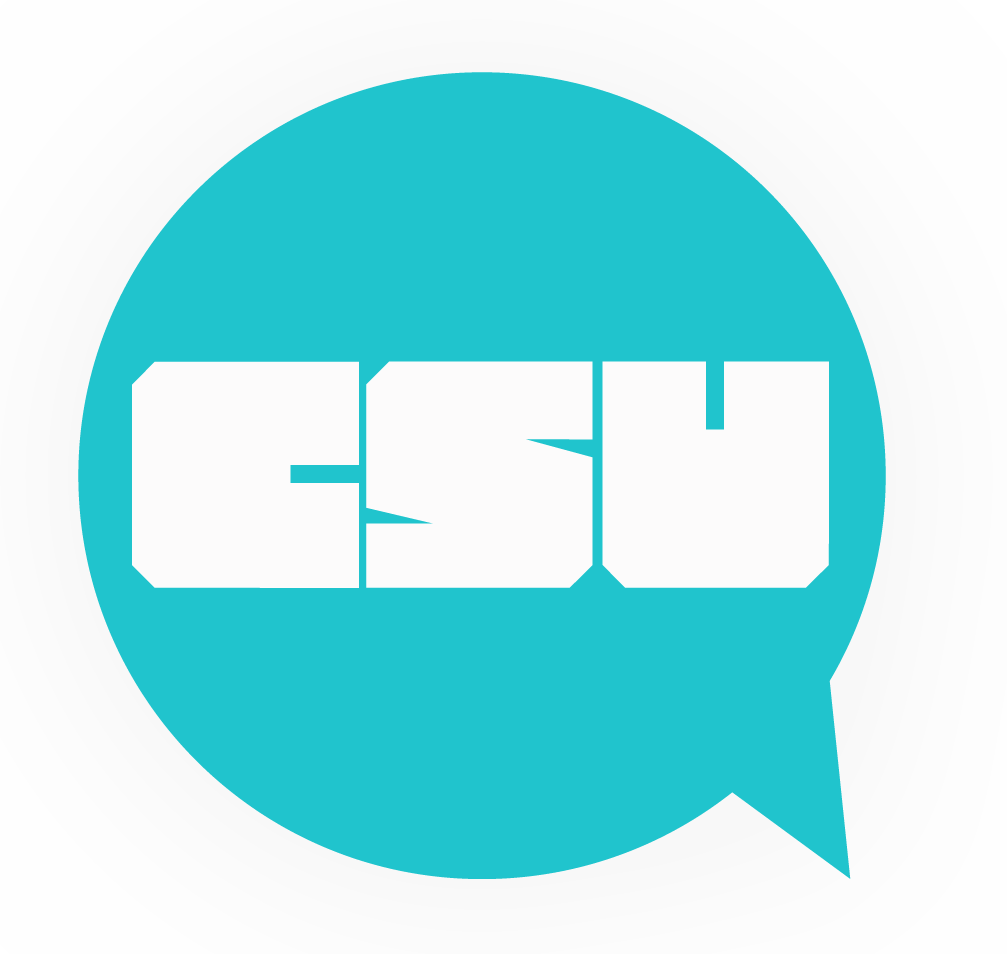A CSU initiative for student governance
Concordia University is a gargantuan institution. It is made up of committees, sub-committees, boards, working groups, councils, various service departments, and entire offices working under people such as the President, the Provost, or the Dean of Students. Each of these actors and bodies interacts with others, working towards fulfilling Concordia’s mission of quality higher education.
Where do students fit into this equation? Trying to navigate the bureaucratic maze of Concordia to get anything done—whether it be faculty, staff, or student—results in a common sentiment of frustration and disenfranchisement. If students’ concerns are to become part of Concordia’s big debates, on the agenda, or at the very least more than forgotten footnotes, we need to harness our intrinsic asset: using our power in numbers towards collective action.
Student associations that try to raise valid issues over learning conditions get atomized in the decision making process. Our participation in academic governance at Concordia resembles a cacophony of alarm bells.
Given our siloed experiences, our genuine concerns on a diversity of issues are rarely meaningfully acknowledged before being disposed of or abandoned. This alienating process renders student input as symbolic at best, tokenized at worst.
Challenges naturally arise in advancing a unified discourse by the Concordia Student Union (CSU) when it has a mandate to represent over 30,000 students in four faculties, made up of over 45 departments. Additionally, students are more locally represented by faculty and departmental students groups who also aim to better student conditions in and out of the classroom.
However, a distinct gap of proximity to students among our various political units—all of which interface with Concordia’s academic governance structure at various levels—clearly exists. The configuration currently in place makes creating a comprehensible ‘student agenda’ difficult. This hurdle in student democracy explains our generally reactive approach to positive change in our academic experience.
Within the present arrangement, the CSU occupies a significant space between senior administration and students. Our ability to advocate on a myriad of issues that impact our learning environment is extremely difficult without a channel for direct participation from the numerous student associations that inhabit Concordia’s landscape.
The need to decentralize the CSU in vocalizing student interests in this circumstance is real. Bringing together students from departments and faculties themselves remains an underlying imperative.
By giving an opportunity for students to come together in conversation, the Concordia Student Congress aims to achieve this audacious task. Through hearing from one another from our respective department or faculty, our ability to coordinate positions becomes less of a burden.
Each ‘political unit’ can send a delegation. Delegations are made up of any number of students, as decided internally by the various students associations. Congress will operate on a one-delegation one-vote system, so whatever the size of your department or faculty, each will carry equal weight. Even the CSU.
Any position adopted by Congress requires a general consensus of 90 per cent. Avoiding polarization and getting to the core of what we can all agree on. That said, any motion passed at Congress can be understood as having an overwhelming level of support from all students.
To prevent larger faculties from bullying smaller ones, a faculty veto mechanism is in place. Whereby if an entire faculty’s delegation votes against a proposal it cannot be adopted. How can the Congress claim to represent an undivided student body if a whole faculty disagrees?
In the backdrop of cuts being made to the academic sector and public sector more generally, it becomes increasingly important for students to stand in solidarity with each other to defend our collective interests. Simply put: if we won’t, who will?
Sharing concrete concerns that cut across the university is the first step in coordinating ourselves around basic needs and wants. Ideally, from coming to understand the situation facing students beyond our immediate locality, we can begin to establish a baseline student position on campus.
Many proposals were adopted at the previous Student Congress, ranging from Intellectual Property Policy and student space, to representation in governance and mid-semester teaching evaluations. Although not all the demands made by students at Congress were heard, some are being acted on, such as a pilot project in the Winter for mid-semester evaluations for professors.
At the end of the day, we’re all students, the object of the university’s mission and the core of its policies—but our specific intellectual domain is an afterthought. The purpose of the Concordia Student Congress is to collaborate on issues of academic advocacy. If we value interdisciplinary learning, then why not hold interdisciplinary dialogue?
To join a delegation at the upcoming Congress, contact your student association, email congress@csu.qc.ca or join the “Concordia Student Congress – Fall 2014/15” Facebook event for information.
Terry Wilkings is the CSU VP Academics and Advocacy, and is closely involved with the CSU’s Student Congress initiative.
